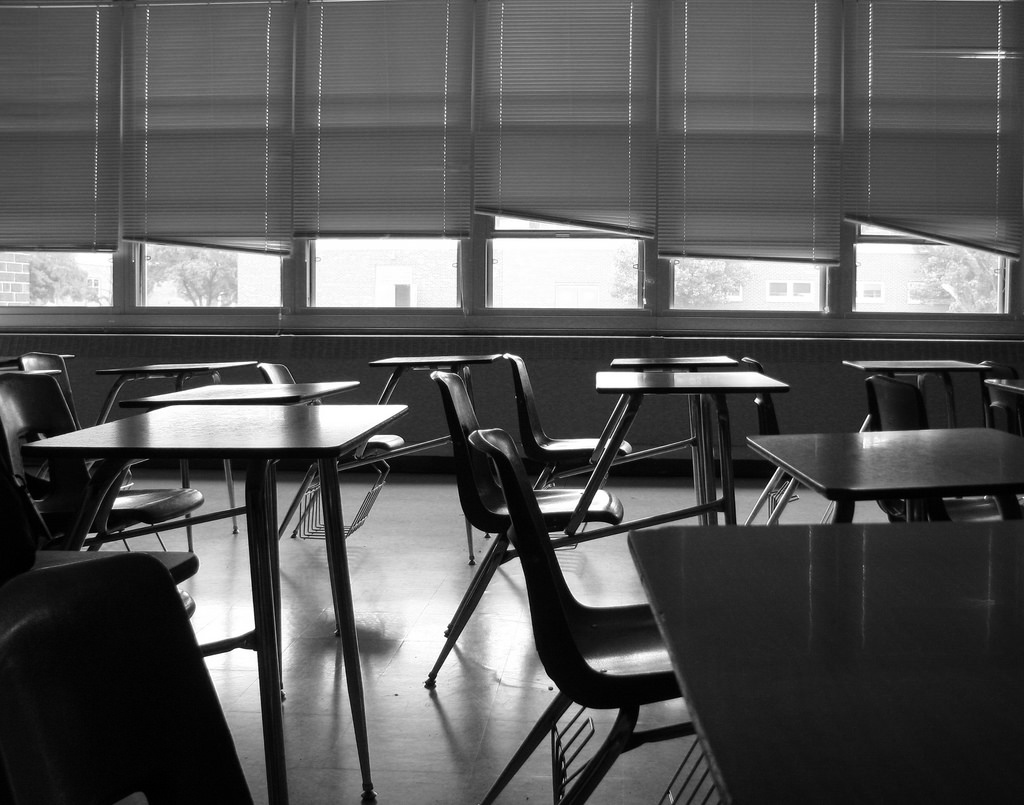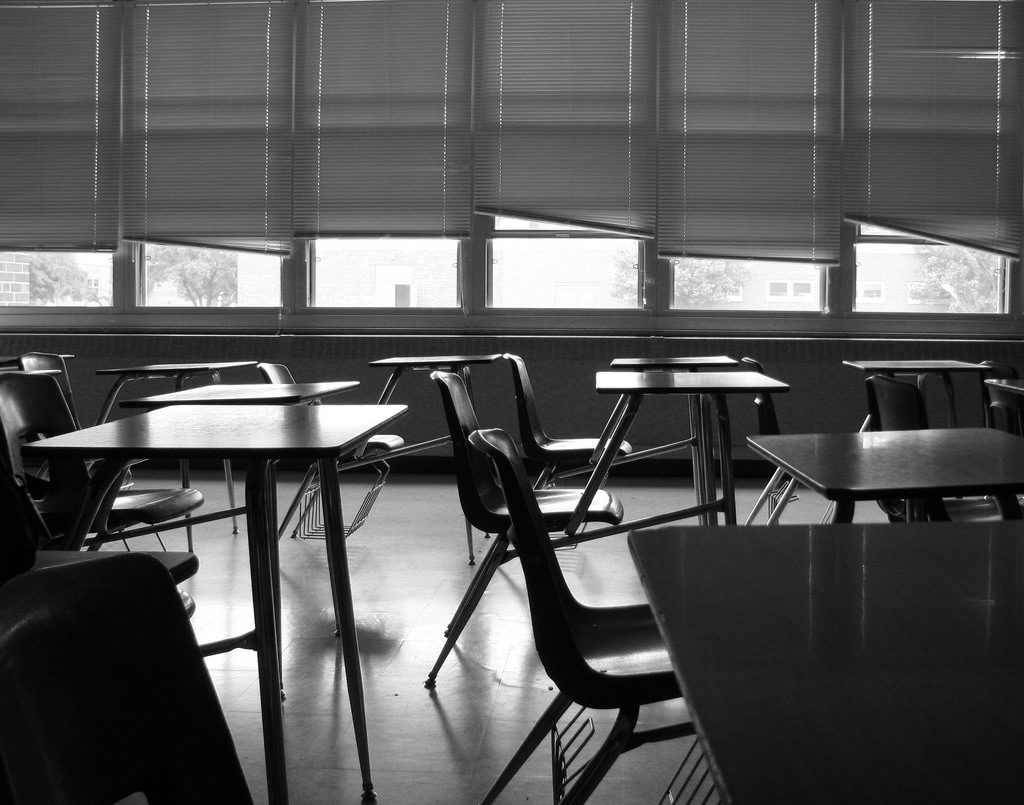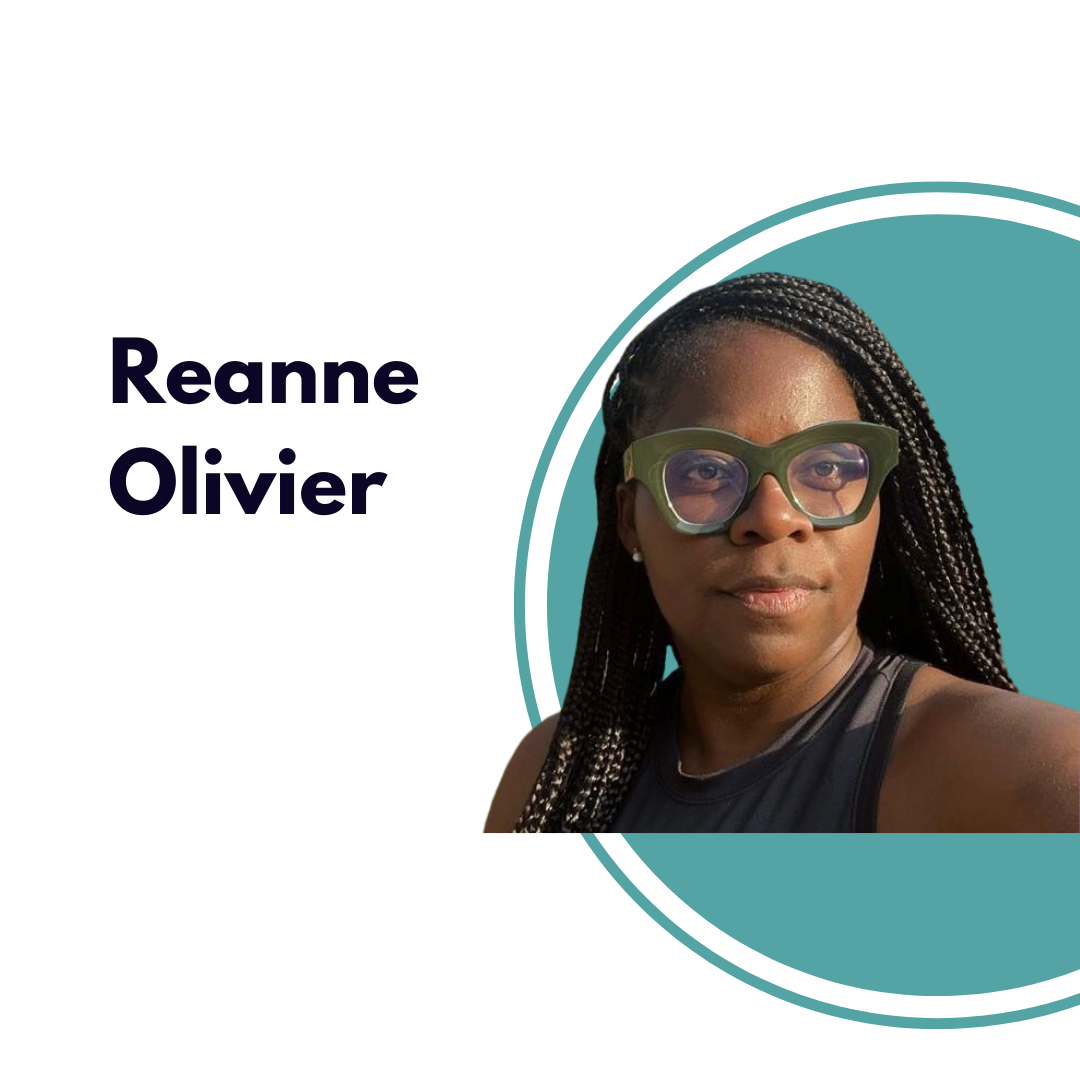#MeToo, a movement activist Tarana Burke started ten years ago, has resurfaced and spread on social media platforms like wildfire over the past two weeks. Women around the world have been sharing their stories of sexual harassment and assault by posting the two words, effectively raising awareness of the breadth of the issue and promoting solidarity. Despite its good intentions, one crucial factor is missing from this public discussion – men. When it comes to discussing sexual assault, women are often the ones to start the conversation, and here is where there needs to be a change in narrative. Women and girls should not have to be wholly responsible for the actions of sexual assault. The recent allegations brought against prominent men in Hollywood do not exist in a vacuum, but instead, unfortunately, span professional industries and countries. Wherever there seems to be a general tolerance for sexism, gendered violence will follow.
In many African countries, sexual assault is happening in the place where children are meant to be the safest: schools. Research has shown that girls are the targets of sexual assault by teachers. In 2016, the documentary series Unreported World, released an episode titled ‘Sex for Grades,’ that tackled the issue of sexual assault in schools in Mozambique, my home country. Girls have become targets of sexual abuse from their male teachers. Female students are threatened to comply with their abusers in order to pass their school exams. With so little action taken by schools and the legal system, this abuse continues to become normalized.
It does not help that attitudes towards gender and sexuality are outdated. In studies done in Mozambique, Ghana, and Kenya, many men, some being fathers, perceived girls as complicit in their own sexual harassment. This viewpoint is often complicated by the concept of “sugar daddies” where in most cases, girls are complicit to sexual harassment due to the monetary benefits they receive in return. Although different, this situation is equally as disturbing. An official in Mozambique infamously stated that a way of combatting sexual harassment would be to “make their uniform skirts longer” once again placing the responsibility on girls as opposed to their offenders. This way of thinking puts the pressure on girls to keep predators at bay when in fact schools have the responsibility to make sure every child has the right to learn in a safe space. When they do not, girls end up dropping out of school due of fear. Recently in South Africa, news has emerged about teachers committing sexual assault. In South Africa this September, students protested to suspend a teacher for sexually and physically abusing students. The school was unable to do suspend the teacher, however because some students were not willing to testify in court. In a school in Soweto, one school guard has been suspended after allegations came up about misconduct with nearly 87 girls as young as eleven years old.
Perpetrators remain invisible because they can hide behind blanket terms like “violence against women”. By using these terms, we inadvertently disempower women and girls, as it rids their perpetrators of responsibility for their actions. Sexual harassment is not something that simply “happens,” but instead it is a conscious act. Reports focus on positioning girls as victims and rarely focus solely on the abusers. In Sex for Grades, a large group of girls were asked about teachers assaulting them and one girl pointed out “You have to talk to the teachers, not us”. It’s true, we often take perpetrators out of the conversation. Anglophone African countries have laws addressing sexual offenses against minors but like many countries, the problem lies in enforcing them.
The statistics are staggering– 40-47 per cent of sexual assaults committed against girls are from the age 15 and younger. We do not have much research on how many teachers violate this code of conduct, and maybe that is the next step. When teachers are hired is there a workshop outlining the guidelines and repercussions of misconduct? People will continue with this behaviour if they feel they will not be punished. We need to show we care about girl’s safety in schools. It takes two to have a dialogue, and if as a society we want to get down to the root of such violence then that is an open discussion that needs to be had by both sides.
By Vanessa dos Santos
Editorial Intern






